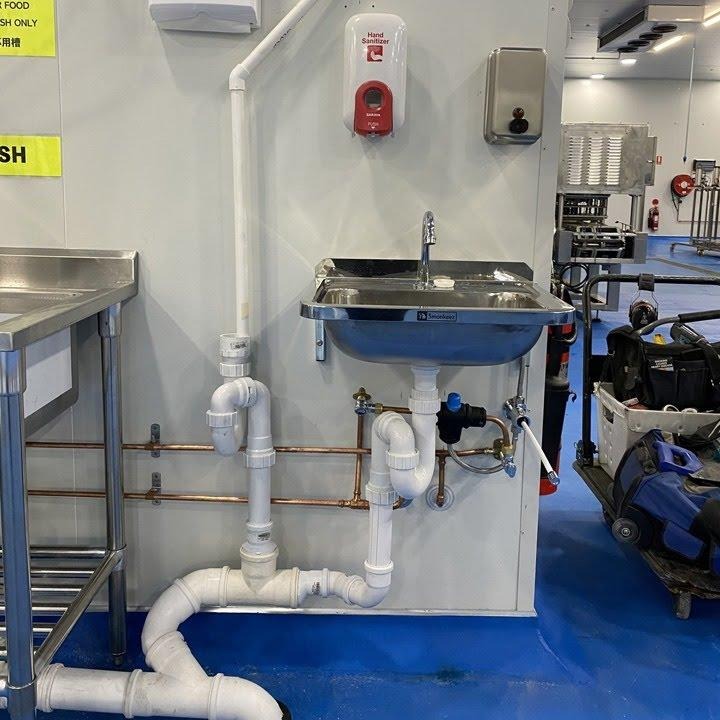Dubai’s real estate industry has been one of the highest-grossing stories of the past few years. Whether you are a developer contemplating your next move, an end-user seeking a cutting-edge shift, or an astute investor chasing fruitful yields, understanding the market in depth is essential.
Known for record-breaking transaction volumes, fast growth, and an ever-evolving unit mix, the city’s property market ranges from waterfront mansions to sleek off-plan condominiums. Let’s unfold today’s trends in the real estate market of Dubai and get into the details regarding pricing signals, transaction volumes, and luxury pockets.
Following a sharp recovery post-pandemic, property prices in Dubai rose dramatically through the first half of 2025. Established portals and property-price indices recorded double-digit annual gains; however, the villa segment outpaced apartments in value surge in 2025. The ready-properties segment saw an uplift of 6.4%, accounting for AED 1,567 per square foot on average, whereas off-plan properties reported a 5.7% per square foot surge in the H1 of 2025. Amid the soaring increase, some analysts also predicted reverse gains in particular segments in the late 2025 and early 2026, given the oversupply of off-plan inventory.
As per the government data, Dubai showcased historic transaction activity across 2024, with splendid momentum into 2025. The key drivers include high-paced demand from both international and domestic buyers. Moreover, the broad set of buyers in the Dubai market accelerated the frequency of sales, rental contracts, and mortgage deals.
Dubai is widely acknowledged for its substantial luxury real estate that encompasses branded abodes, exquisite villas, and exclusive penthouses. Such properties continue to captivate high-net-worth buyers running for unmatchable security, sophisticated lifestyle, and robust capital upside.
Amidst the limited availability of waterfront properties in Dubai, Dubai Creek Harbour steals the spotlight as the newly emerging, coveted destination. This waterfront neighbourhood ensures premium living, high-profile master-developer backing, and marina access. A wide range of properties is available for sale in Dubai Creek Harbour, with average pricing points targeting multi-millionaires.
The pipeline of new completions serves as a central factor for real estate in Dubai. Scalable deliveries of villas, townhouses, and apartments are anticipated across 2025-2028, where supply is anchored on mid-market apartments in recently developed mega-city projects.
Properties located in prime enclaves and the limited new inventory, for instance, branded homes and waterfront havens, command higher prices and exceptional values. This often provides buyers with negotiating windows in case of the heaviest supplies.
Pricing and financing both serve as crucial actors in the Dubai real estate market. UAE banking lenders continue to provide curated schemes for expatriates and Emiratis; but interest rates differ, and banking regulations impact borrowing costs and serviceability. While most lenders are tied to EIBOR (Emirates Interbank Offered Rate), a few reference short-term rates.
Given the surging rise of loans, the UAE introduced tighter financing standards and rules; however, growing rates across the globe may largely impact monthly servicing for leveraged buyers. If you plan to finance a property purchase in Dubai, consider utilizing bank offers and leveraging current reference rates.
Off-plan projects remain central to Dubai’s real estate landscape. Their convenient payment structures and pre-completion prices attract early buyers, with additional advantages like high-end returns and increasing capital rates. However, dissimilarity between planned and actual specs and delivery delays may delineate risks. To prevent such threats, it is essential to consider developers with transparent delivery records and independent escrow accounts.
Newly originated payers or projects without clear registration safeguards require deeper due diligence. Off-plan projects, as the dominating real estate player in Dubai, can tremendously benefit investors hunting capital appreciation, but after careful research on milestone protections, developer credibility, and legal agreements.
What sets the Dubai real estate industry apart is an eclectic mix of occupiers, investors, and global citizens. Expatriates are relocating to Dubai for work, foreign investors are seeking promised capital gains and future-ready yields, and family buyers are drawn to the massive supply of villas and large apartments.
Government regulations and investor-friendly policies, including long-term visas, freelancing visas, and residency benefits, further support remote workers and entrepreneurs alike. The outcome is a more expandable purchaser profile.
Timeline Horizon: Ready and projects near completion accommodate buyers seeking immediate occupancy or rental yields, whereas projects with a 2-3 year delivery time ensure future-ready capital gains.
Luxury Assets: Branded residences or waterfront properties tend to retain value even in correction periods.
Developer Reputation: Prioritize developers with a proven set of deliveries and transparent escrow accounts.
Micro-Market Essentials: Check adjacency to lifestyle facilities, educational and healthcare institutions, and transportation networks.
With scalable new supply on one hand and resilient demand and record transactions on the other, Dubai’s real estate market takes the global central stage in 2025. While prime pockets like JVC and other emerging zones remain sought-after, luxury properties for sale in Dubai take the edge off among regional and global waterfront communities.
When navigating the buying and selling trends of properties in Dubai, knowing micro-market fundamentals, financing options, and developer reputation remain key factors for investors and buyers alike. Bracing yourself with real-time data also ensures alignment of strategies with horizon plus promises striking profits and rewards.




Want to add a comment?